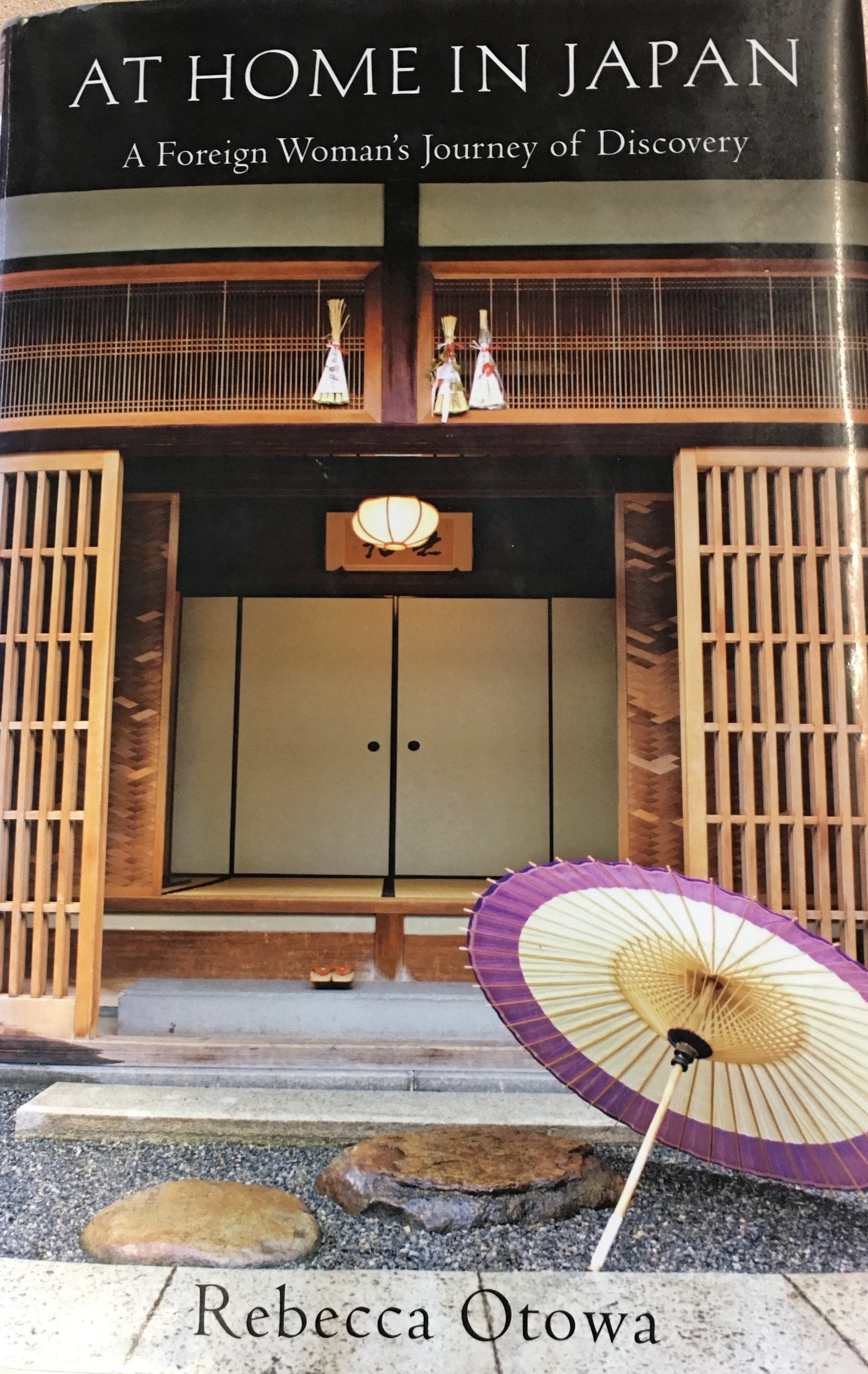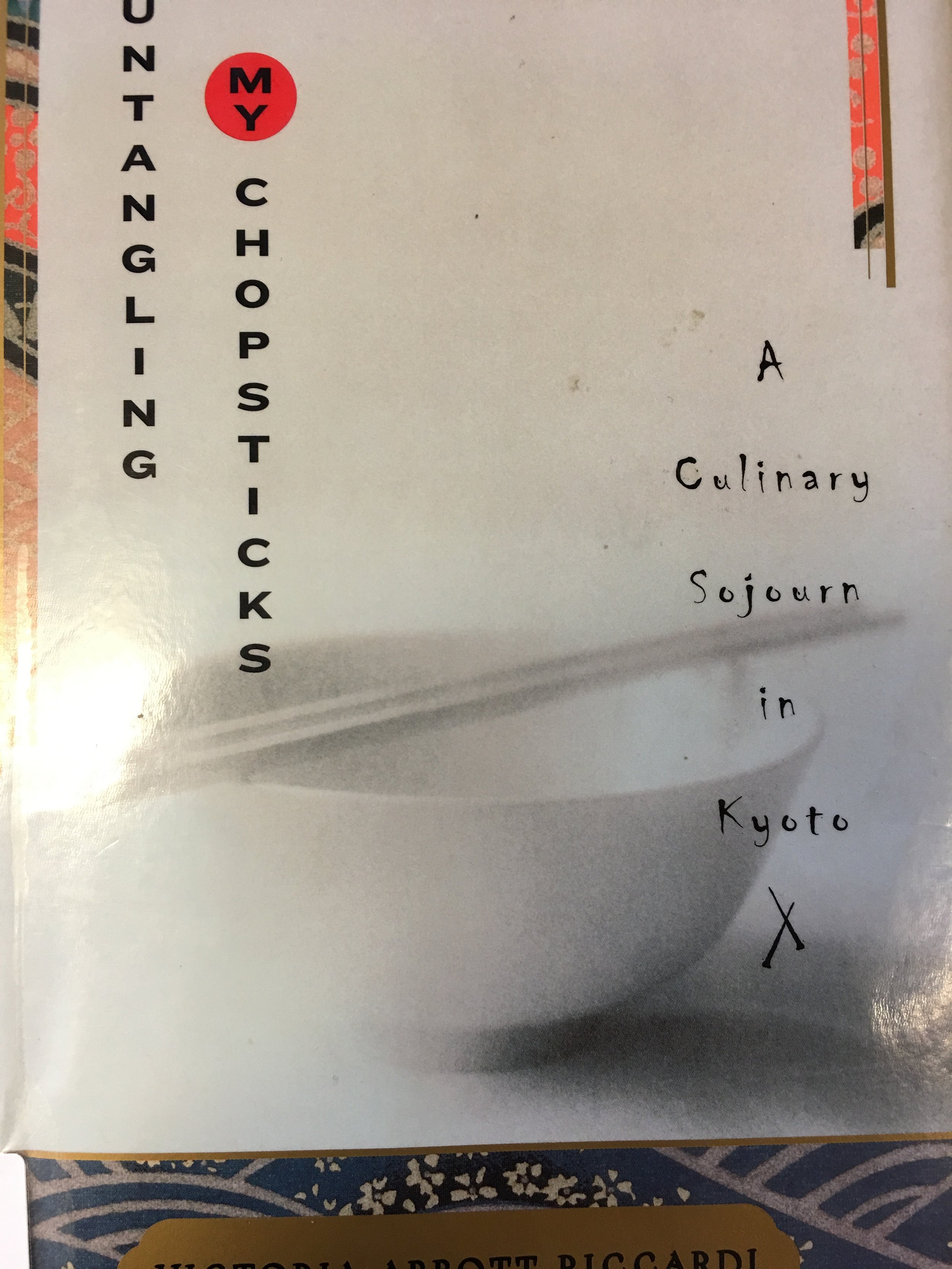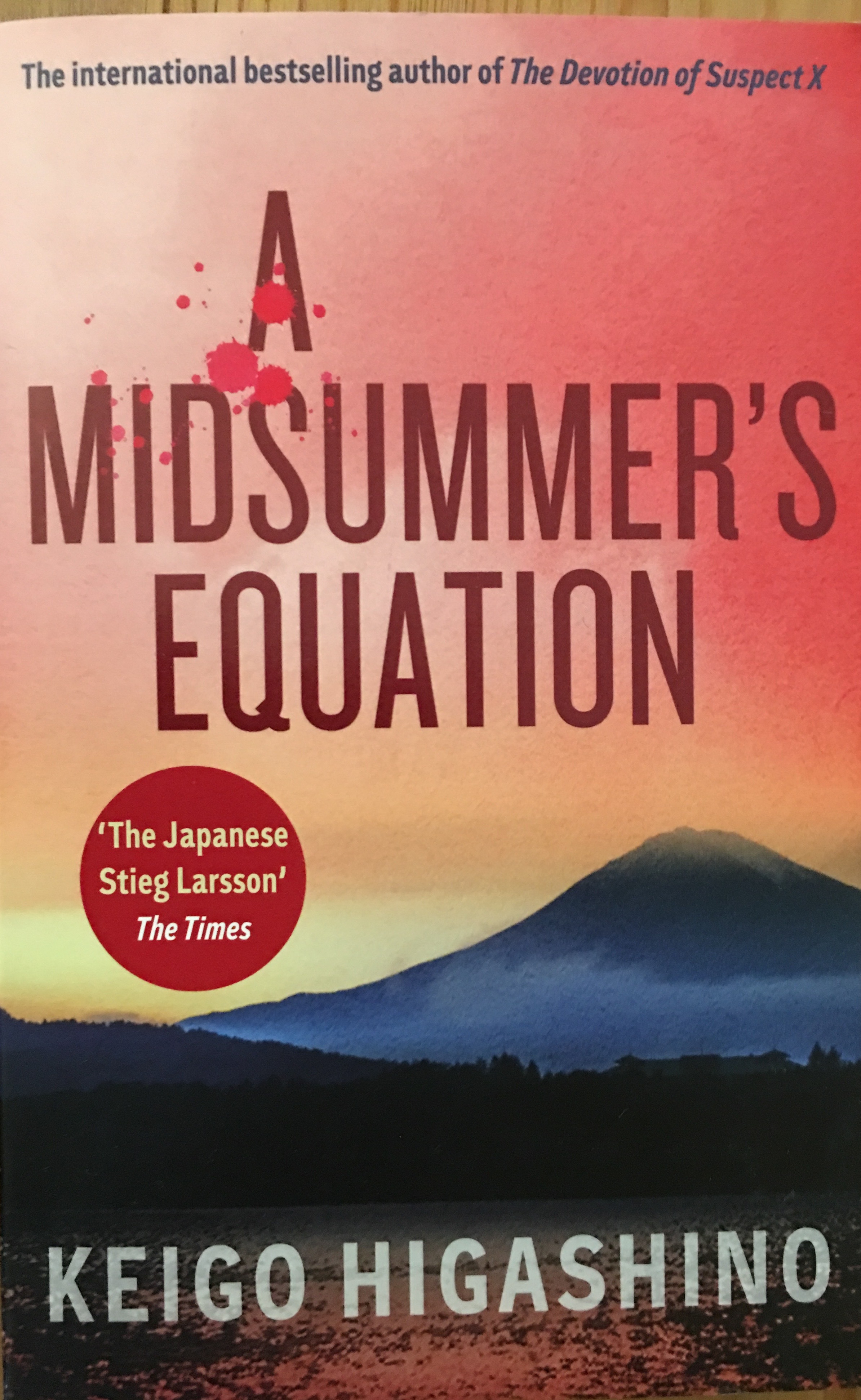Find answers to the age old questions: What do Japanese people eat other than sushi? What is wabi sabi? Why are there so few garbage bins in Japan and yet everywhere is so clean? How do Japanese people stay so slim? Why is the cherry blossom the essence of the Japanese aesthetic?
I write about Japanese cuisine, manners and concepts as well as travel adventures throughout Wakayama, the "hidden gem" of Japan. Learn why it has become the number one location for Japanese travellers. What is it about Wakayama that makes it such a desirable “off the beaten path” travel destination?




































